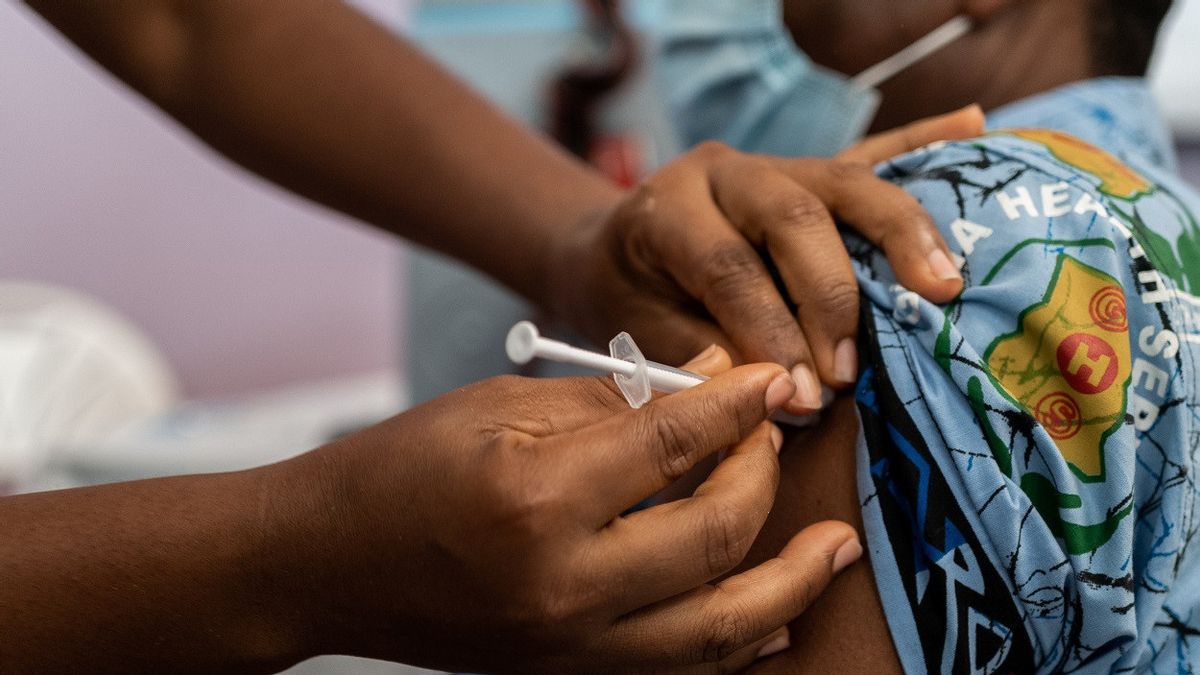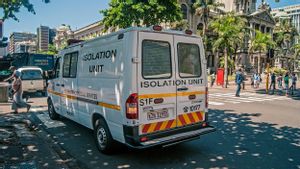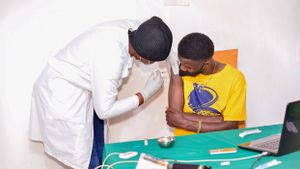JAKARTA - The Omicron variant of the coronavirus poses a three-fold higher risk of reinfection than the currently dominant Delta variant and Beta variant, a group of South African health agencies said Thursday.
The South African Center for Epidemiological Modeling and Analysis (SACEMA) and the National Institute of Infectious Diseases (NICD) said the latest findings provide epidemiological evidence of the ability of the Omicron variant to evade immunity from previous infection.
Their statement came after a group of South African health organizations published the paper on medrxiv.org as pre-printed, meaning the work has not been certified by peer review.
Earlier in the day, microbiologist Anne von Gottberg at NICD had echoed the same view at an online press conference hosted by the World Health Organization (WHO), saying South Africa was experiencing an increase in COVID-19 reinfection due to the Omicron variant.
South Africa has seen a sudden spike in daily reported coronavirus cases, with the government reporting 11.535 new infections on Thursday, up from 312 ten days ago.
The NICD, which together with a wider network of health organizations performed genome sequencing on samples, said Wednesday the Omicron variant was able to overcome some immunity and quickly became the dominant variant in the country.
SEE ALSO:
Analysis of routine surveillance data from South Africa from March 2020 to November 27 shows "the risk profile for reinfection of the Omicron variant is substantially higher than that associated with the Beta and Delta variants during the second and third waves," the NICD said in a statement Thursday.
An increase in reinfection rather than new infections would be indicative that new variants have developed the ability to evade natural immunity from previous infections, he continued.
Juliet Pulliam, director of SACEMA and author of the pre-print paper, said in her article, Omicron variant patterns are likely to form in all South African Provinces in early to mid-December, the NICD said.
"This analysis is based on 2.796.982 people who tested positive for at least 90 days before November 27, of which 35.670 were suspected of being reinfected," she said.
The English, Chinese, Japanese, Arabic, and French versions are automatically generated by the AI. So there may still be inaccuracies in translating, please always see Indonesian as our main language. (system supported by DigitalSiber.id)


















